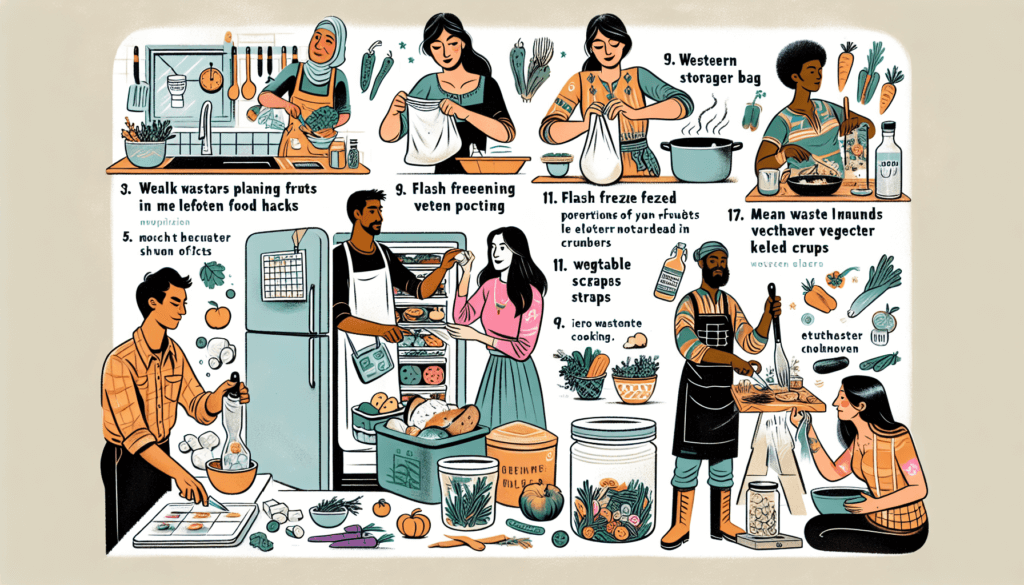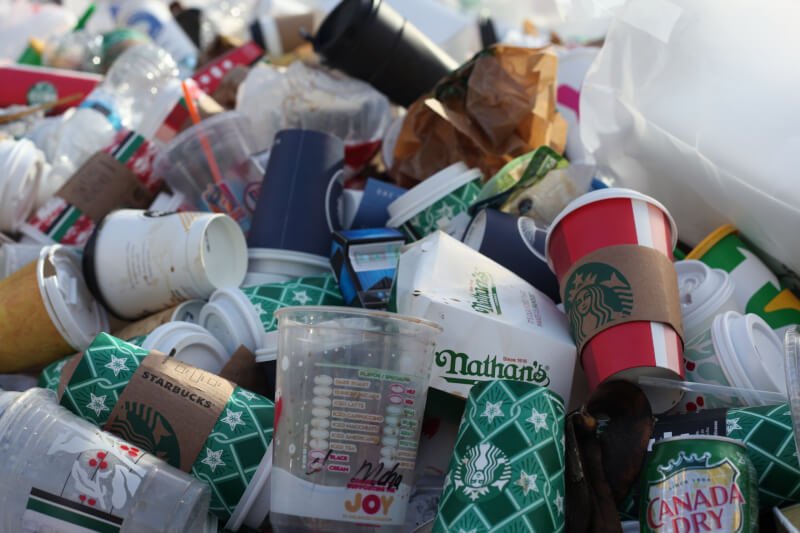Are you tired of throwing away food and watching your hard-earned money go down the drain? Look no further! In this article, we will share 10 clever kitchen hacks that will help you prevent food waste and save both your wallet and the environment. From proper storage techniques to smart meal planning strategies, these tips are easy to implement and will make a significant difference in minimizing waste in your kitchen. So, let’s get started and discover how you can make the most of your ingredients and reduce food waste in your home!
Use Your Freezer
Freeze leftovers
Don’t let those leftovers go to waste! Instead of letting them sit in the fridge until they spoil, freeze them for later. Leftover soups, stews, casseroles, and even cooked rice can be portioned out and stored in airtight containers or freezer bags. This way, you’ll always have a quick and easy meal ready to go when you’re short on time or just not in the mood to cook.
Freeze fruits and vegetables
If you find yourself with a surplus of fruits and vegetables, freezing them is a great way to preserve their freshness and flavor. Simply wash, peel (if necessary), and cut them into bite-sized pieces before spreading them out on a baking sheet and placing them in the freezer. Once frozen, transfer them to airtight containers or freezer bags. Frozen fruits are perfect for smoothies, while frozen vegetables can be easily added to stir-fries, soups, or even pasta dishes.
Freeze herbs in oil
When you have an abundance of fresh herbs that you can’t use up before they start to wilt, don’t let them go to waste. Instead, chop them up and combine them with olive oil in an ice cube tray. Freeze the herb-infused oil cubes and pop them out whenever you need to add a burst of flavor to your cooking. These herb-infused oil cubes are perfect for sautéing vegetables, marinating meats, or drizzling over roasted vegetables.
Meal Planning
Plan meals in advance
Meal planning is a great way to not only save time but also reduce food waste. Take some time at the beginning of each week to plan out your meals. Consider what ingredients you already have on hand and try to incorporate them into your meal plan. This will help you avoid buying unnecessary items at the grocery store and ensure that you’re using up perishable ingredients before they spoil.
Make a grocery list
Once you’ve planned your meals for the week, make a grocery list to ensure that you’re only buying what you need. Stick to your list and avoid impulse purchases, as these often lead to food waste. Having a well-thought-out grocery list not only helps reduce food waste but also helps save money by avoiding unnecessary purchases.
Use up perishable ingredients first
When you bring groceries home, it’s important to prioritize the use of perishable ingredients. Items like meat, dairy products, and fresh produce should be used before they spoil. By meal planning and incorporating these ingredients into your meals early on, you’ll be able to enjoy them at their freshest and reduce the likelihood of them going to waste.
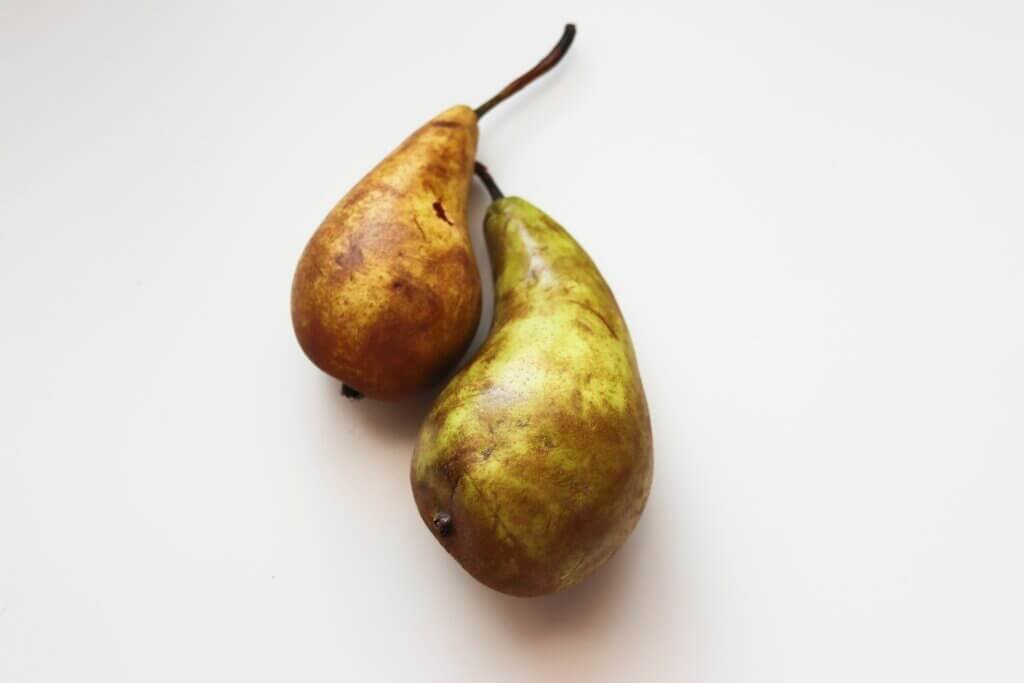
Proper Storage
Invest in airtight containers
Investing in a set of airtight containers is a game-changer when it comes to reducing food waste. These containers help keep your food fresh for longer by preventing air and moisture from getting in. Whether you’re storing leftovers, pantry staples, or prepped ingredients, airtight containers will keep everything at its best. Say goodbye to stale chips, wilted greens, and spoiled leftovers!
Store fruits and vegetables properly
Proper storage is crucial when it comes to keeping your fruits and vegetables fresh for as long as possible. Some fruits, like apples, bananas, and tomatoes, release ethylene gas, which can speed up the ripening process of other fruits and vegetables. To prevent premature spoilage, store ethylene-producing fruits separately from ethylene-sensitive ones. Additionally, certain vegetables, like mushrooms and green leafy greens, are best stored in paper bags to allow for airflow and prevent moisture buildup.
Keep pantry items organized
Keeping your pantry organized is not only visually appealing but also helps prevent food waste. When your pantry is tidy and well-organized, you can easily see what ingredients you have and avoid purchasing duplicates. Use clear containers or labels to keep track of expiration dates and ensure that older items are used first. By maintaining an organized pantry, you’ll be able to reduce food waste and make the most of the ingredients you already have.
Revive Wilting Produce
Use the water trick for limp vegetables
If you have a bag of limp vegetables in your fridge, don’t toss them just yet. Give them a quick refresh by placing them in a bowl of ice water for about 15 minutes. The cold water will help crisp up the vegetables and bring them back to life. This trick works particularly well for vegetables like celery, lettuce, and asparagus.
Soak wilted herbs in cold water
Herbs are notorious for wilting quickly, but there’s a simple solution to revive them. Fill a glass or jar with cold water and place the wilted herbs in the water, making sure the stems are submerged. Let them soak for about an hour, and you’ll see the herbs perk up and regain their freshness. Remember to dry them thoroughly before using or storing them to prevent spoilage.
Revive wilted greens in ice water
Have a bag of wilted greens in your refrigerator? Don’t fret – you can easily revive them with ice water. Fill a bowl or sink with cold water and add a handful of ice cubes. Submerge the wilted greens in the ice water and let them soak for about 10 minutes. The cold water will help crisp up the leaves, making them look fresh and vibrant again.
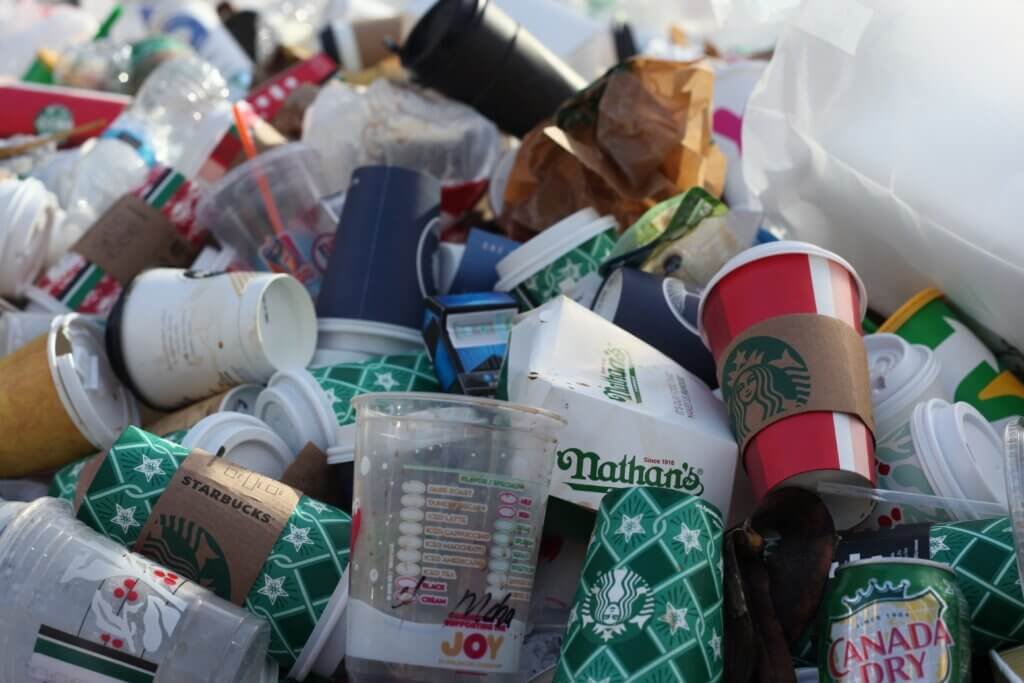
Utilize the Whole Vegetable
Make homemade vegetable stock
Instead of throwing away vegetable scraps like onion peels, carrot tops, and celery ends, save them to make homemade vegetable stock. Keep a container in your freezer and add vegetable scraps to it as you cook. Once the container is full, simmer the scraps with water and seasonings to create a flavorful vegetable stock. This homemade stock can be used as a base for soups, stews, and sauces, adding depth and richness to your dishes.
Turn carrot tops into pesto
Carrot tops are often discarded, but they’re actually edible and can be transformed into a delicious pesto. Simply blend carrot tops with garlic, nuts (such as pine nuts or almonds), Parmesan cheese, olive oil, and a squeeze of lemon juice. The result is a vibrant and flavorful pesto that can be spread on bread, tossed with pasta, or used as a sauce for roasted vegetables.
Add veggie scraps to compost
If you can’t find a way to use up certain vegetable scraps, such as onion skins or potato peels, don’t let them go to waste. Instead, add them to your compost pile. Composting not only reduces food waste but also creates nutrient-rich soil that can be used in your garden. Just make sure to avoid composting meat, dairy products, or oily foods, as these can attract pests and slow down the composting process.
Preserve Fruits and Vegetables
Make homemade jams and jellies
Preserving fruits through homemade jams and jellies is a great way to extend their shelf life and enjoy them throughout the year. Whether you have an abundance of berries or stone fruits, preserving them in jars with sugar and a bit of lemon juice can create a sweet and tangy spread that can be enjoyed on toast, paired with cheese, or used in baking.
Dehydrate fruits and vegetables
Dehydrating fruits and vegetables not only preserves their flavor and nutrients but also gives them a longer shelf life. Invest in a dehydrator or simply use your oven on a low temperature to remove moisture from fruits and vegetables. Dehydrated fruits make a delicious and healthy snack, while veggies can be rehydrated for soups, stews, or even stir-fries.
Pickling and fermenting
Pickling and fermenting are age-old techniques for preserving vegetables that can transform them into tangy and flavorful delights. Whether it’s cucumbers, carrots, or cabbage, pickling and fermenting add a unique twist to your vegetables and extend their lifespan. Experiment with different spices, herbs, and pickling solutions to find your favorite combinations.

Creative Leftover Makeovers
Transform leftover rice into fried rice
Leftover rice is a versatile ingredient that can be transformed into a delicious and satisfying meal. Whip up a quick and easy fried rice by sautéing the rice with some vegetables, protein (such as cooked chicken, tofu, or shrimp), and scrambled eggs. Season with soy sauce or your favorite stir-fry sauce, and you’ll have a flavorful dish that’s perfect for lunch or dinner.
Make a frittata with leftover vegetables
Leftover vegetables are the perfect addition to a frittata – a hearty and versatile dish that can be enjoyed for breakfast, lunch, or dinner. Simply whisk together eggs, milk, and any leftover vegetables you have on hand. Pour the mixture into a greased skillet and cook until set. Top with cheese, herbs, or even some leftover cooked meat for added flavor. Slice into wedges and enjoy!
Create a stir-fry with various leftovers
If you have a variety of leftovers in your fridge, why not combine them into a flavorful stir-fry? Heat some oil in a pan or wok, add your leftover proteins (such as cooked chicken, beef, or tofu) and vegetables, along with some garlic and ginger. Stir-fry until heated through and season with your favorite sauces or spices. Serve over rice or noodles for a quick and delicious meal.
Properly Store Bread
Freeze bread before it gets stale
If you find yourself with a loaf of bread that you won’t be able to finish before it goes stale, don’t worry. You can freeze it to extend its shelf life. Slice the bread and place it in a freezer-safe bag. When you’re ready to enjoy a slice, simply take it out of the freezer and toast it. Freezing bread not only prevents it from going to waste but also ensures that you always have bread on hand for sandwiches or toast.
Store bread in a paper bag
To keep your bread fresher for longer while it’s still in your pantry, try storing it in a paper bag. The paper bag allows the bread to breathe, preventing moisture buildup that can lead to mold growth. Avoid storing bread in plastic bags or in the refrigerator, as these can make it go stale faster.
Use bread crumbs for other recipes
If you have stale bread that you don’t want to eat as is or freeze, turn it into breadcrumbs. Simply tear the bread into small pieces and pulse them in a food processor until you have fine crumbs. Store the breadcrumbs in an airtight container in your pantry. They can be used in various recipes, such as meatballs, meatloaf, or as a crunchy topping for casseroles.
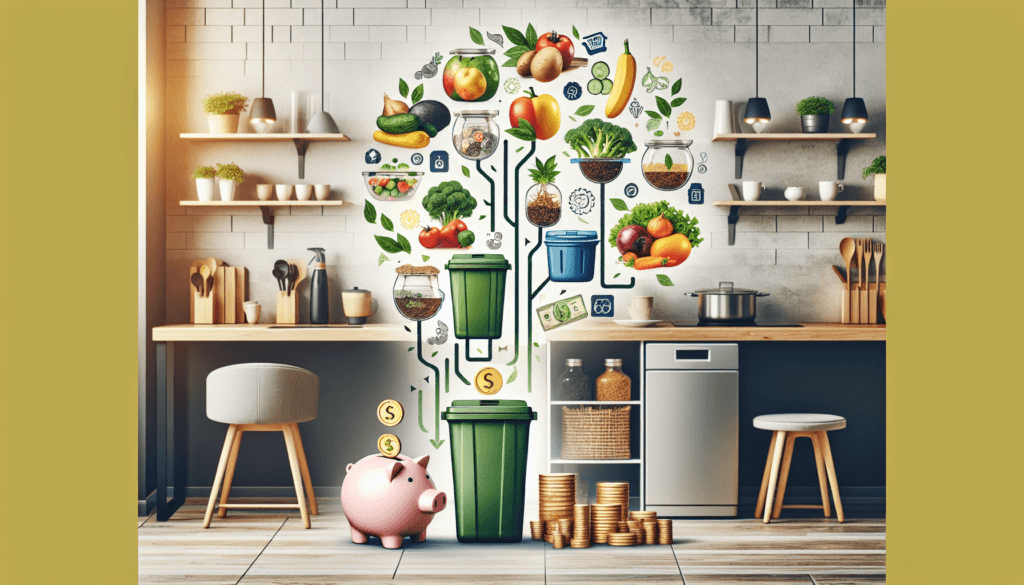
Extend the Life of Dairy Products
Freeze cheese to prevent mold
Cheese is a staple in many households, but it can sometimes go moldy before you have a chance to finish it. To prevent this, you can freeze cheese. Hard cheeses like cheddar, Swiss, and Parmesan can be grated or sliced and stored in airtight containers or freezer bags. When you’re ready to use it, simply thaw it in the refrigerator and enjoy the cheese without any signs of mold.
Make yogurt from about-to-expire milk
If you have milk that’s about to expire, don’t let it go to waste. Turn it into homemade yogurt instead. Heat the milk until it reaches around 180°F (82°C), then let it cool to around 110°F (43°C). Stir in a small amount of yogurt with active cultures or yogurt starter culture, then let the mixture sit at a warm temperature for several hours until thickened. You’ll have a delicious batch of homemade yogurt that’s perfect for breakfast or as a base for sauces and dressings.
Turn sour milk into buttermilk
Instead of pouring out sour milk, transform it into homemade buttermilk. The acidity of the sour milk is what gives buttermilk its tangy flavor. To make your own buttermilk, simply add a tablespoon of lemon juice or vinegar to a cup of sour milk, stir, and let it sit for about 10 minutes. The acid will thicken the milk and give it the same tangy taste as store-bought buttermilk. It can be used in recipes for pancakes, biscuits, or salad dressings.
Reduce Food Waste with Composting
Create a compost bin
Composting is a great way to reduce food waste and create nutrient-rich soil for your garden. Start by creating a compost bin in your backyard or even on your balcony if you have limited space. Use a mix of green waste (such as fruit and vegetable scraps) and brown waste (such as dried leaves or shredded paper) to create the perfect balance of carbon and nitrogen. Turn the compost regularly to speed up the decomposition process and avoid unpleasant odors.
Know what can and cannot be composted
While many food scraps can be composted, there are some exceptions. Avoid adding meat, dairy products, oily foods, or anything that can attract pests to your compost bin. These items can take longer to break down and can create unpleasant smells or attract unwanted critters. Stick to fruit and vegetable scraps, coffee grounds, tea leaves, and other plant-based materials to ensure a successful composting process.
Use compost in your garden
Once your compost has broken down into nutrient-rich soil, use it to nourish your garden. Spread a layer of compost around your plants, mix it into your soil when planting, or use it to create a nutrient-rich potting mix for container plants. Compost adds essential nutrients to the soil, improves its structure and moisture-holding capacity, and promotes healthy plant growth. By using compost in your garden, you’re not only reducing food waste but also creating a sustainable gardening practice.
By following these kitchen hacks, you can make the most out of your ingredients, reduce food waste, and save money in the process. So, start utilizing your freezer, properly store your food, get creative with leftovers, and contribute to a more sustainable kitchen. Happy cooking and happy reducing food waste!
